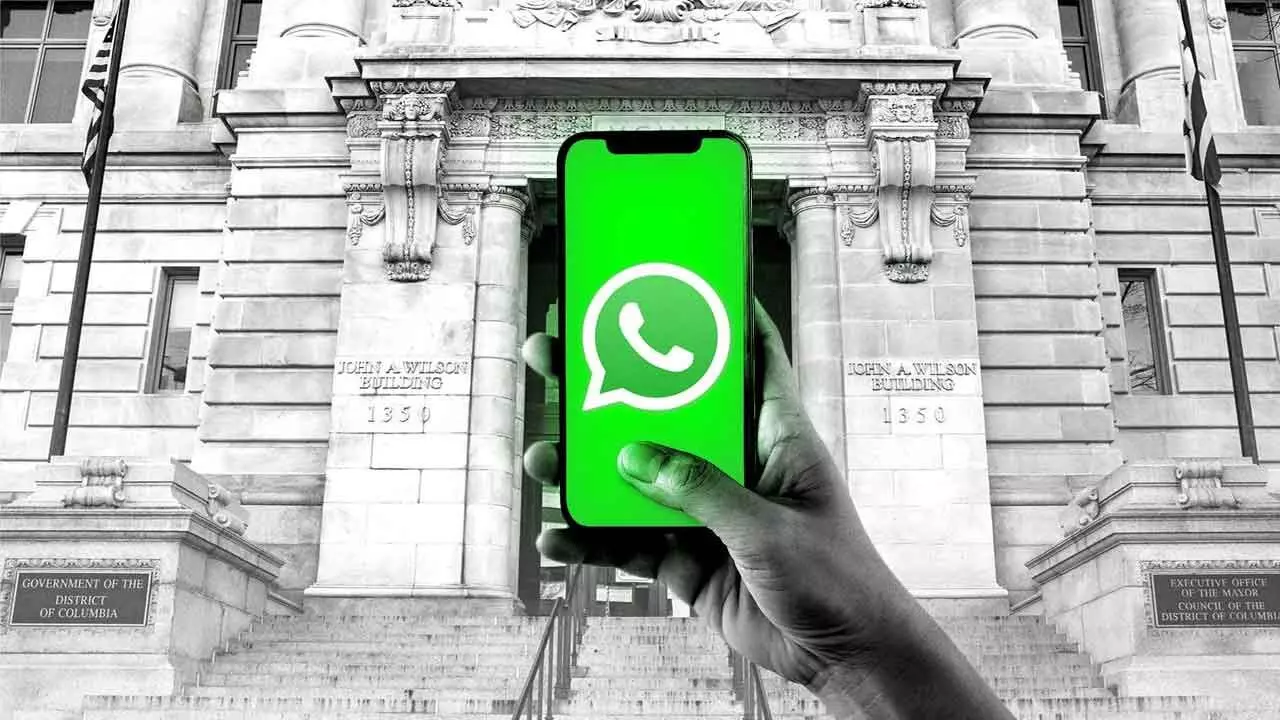US House Grounds WhatsApp on Government Devices, Citing Cybersecurity Risks
The U.S. House of Representatives has officially banned WhatsApp from all government-issued devices, including phones and computers, due to cybersecurity concerns over data transparency and encryption. This move by the House's chief administrative officer highlights ongoing debates about secure communication for public officials.
US House Grounds WhatsApp on Government Devices, Citing Cybersecurity Risks

In a significant move to bolster its cybersecurity posture, the U.S. House of Representatives has prohibited the use of the popular messaging application WhatsApp on all government-issued devices. The directive, announced via an internal memo to congressional staffers on Monday, underscores persistent concerns regarding data security and the handling of sensitive government information.
Catherine Szpindor, the House's Chief Administrative Officer (CAO), confirmed the ban, stating that "Protecting the People’s House is our topmost priority, and we are always monitoring and analyzing for potential cybersecurity risks that could endanger the data of House Members and staff." She added that the list of House-authorized applications is routinely reviewed and amended as deemed appropriate.
Staffers received an email informing them that the Office of Cybersecurity had determined WhatsApp to be a "high-risk to users due to lack of transparency in how it protects user data, absence of stored data encryption and potential security risks involved with its use." Consequently, the memo explicitly forbids the download, retention, or access of WhatsApp on any House device, whether mobile or desktop, and even through web browsers.
WhatsApp, owned by tech giant Meta (which also controls Facebook and Instagram), has long been a widely used platform for both personal and professional communication. However, this decision by the House signals a heightened level of scrutiny for applications handling official communications.
Meta spokesperson Andy Stone swiftly pushed back against the CAO's characterization, asserting the company's strong disagreement. In a statement posted on social platform X, Stone highlighted that "Messages on WhatsApp are end-to-end encrypted by default, meaning only the recipients and not even WhatsApp can see them. This is a higher level of security than most of the apps on [Szpindor’s] approved list that do not offer that protection." He expressed Meta's hope that House members would eventually be able to use WhatsApp officially, akin to their Senate counterparts.
The ban on WhatsApp follows previous warnings issued by Szpindor against the use of Chinese AI platform DeepSeek. That earlier caution came shortly after the AI tool gained significant traction, prompting a bipartisan group of senators to introduce legislation aimed at banning such products from government devices and networks due to national security concerns. This pattern suggests a broader strategy within the US government to restrict digital tools perceived as posing data security or national security risks.
The House's decision serves as a powerful reminder of the ongoing challenges in securing digital communications for government entities and the constant balancing act between convenience and robust cybersecurity.

